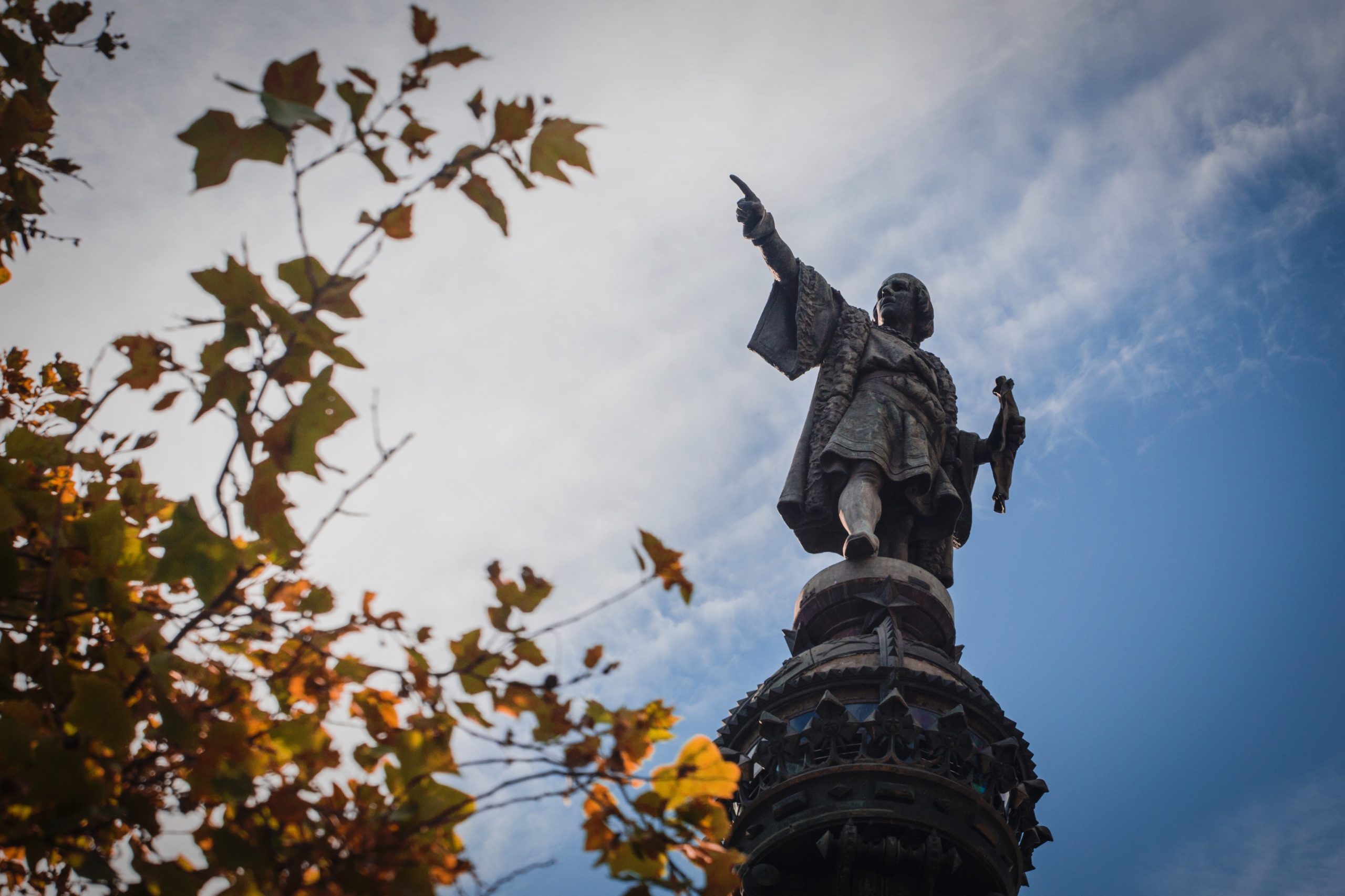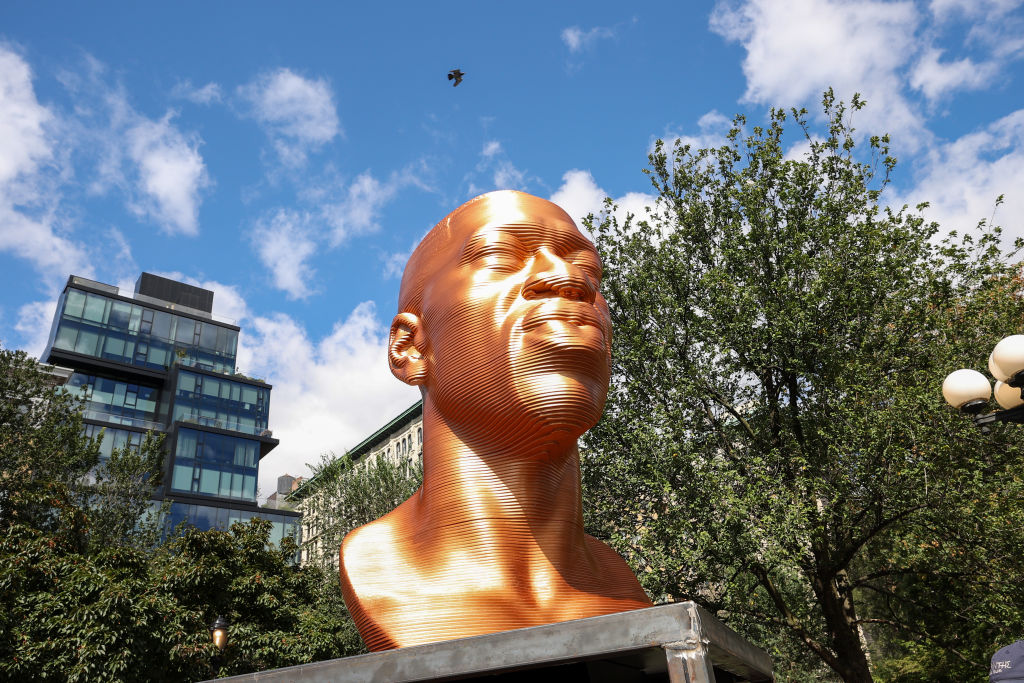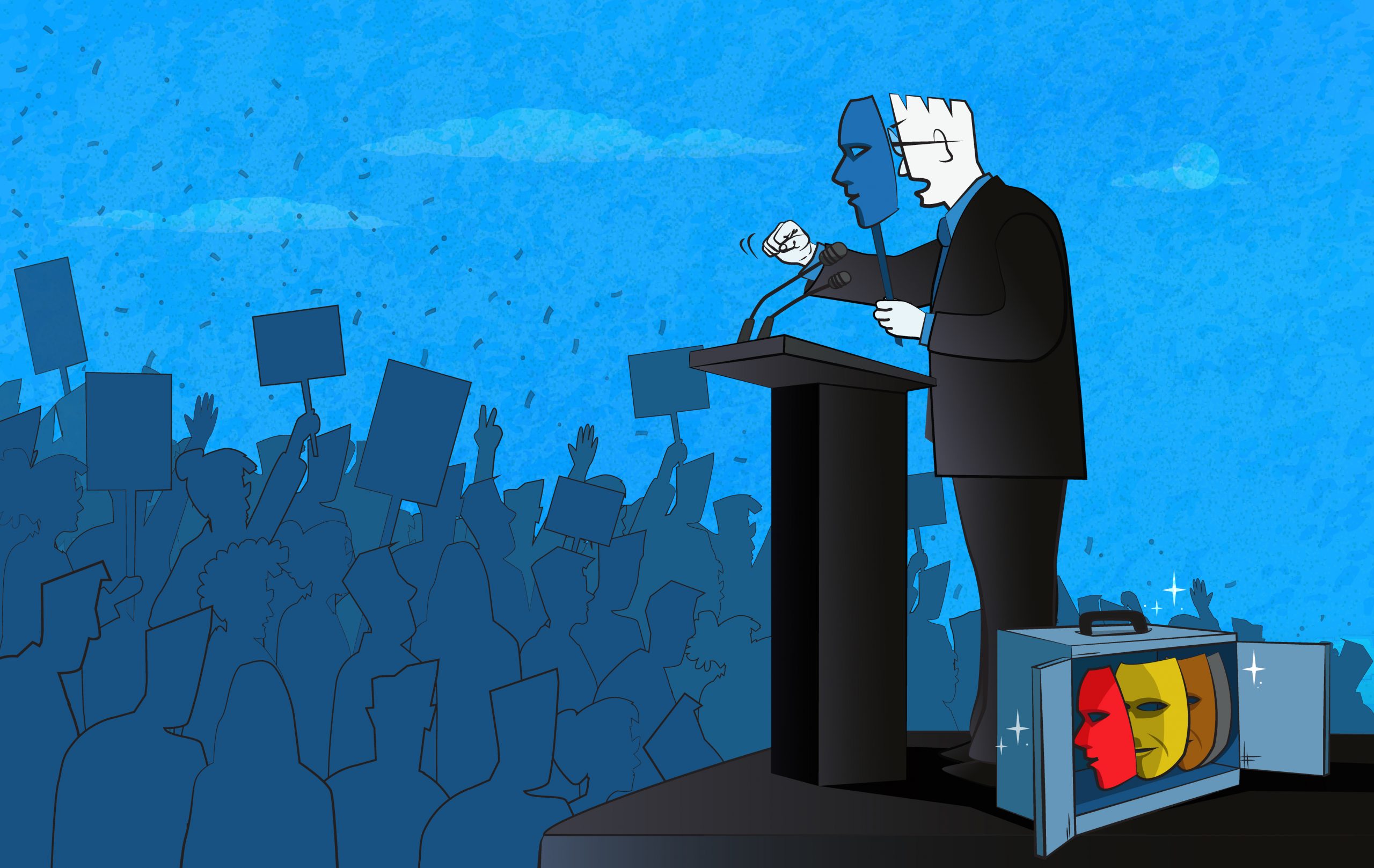A second-wave feminist fails to discern failure
Hate Columbus, Hate America

What's today really about?
I refuse to defend the personal virtue of Christopher Columbus. I reject outright the premise of the discussion, which is that if Columbus had behaved better, there would not be people tearing down his statues. There is no level of moral rectitude that would convince those people to stop, and so there is no historical crime they could dig out of the woodwork that would convince me to join them.
The rightness or wrongness of this or that act on Columbus’s part is not the point for anybody involved in this debate. Discussion on the topic is useless except as a rhetorical snare that one side uses to entangle the other in pointless moral litigation while the statues come crashing down.
It is not news to anybody that the settlers of the New World were sometimes violent and unfeeling in their treatment of natives. The rape of the Indies has tormented the conscience of participants and observers since the moment it happened. The hardness of European hearts is written all across the pages of Bartolomé de las Casas’s Short Account of the Destruction of the Indies (1552), and no modern accusation can compare with those already made by Denis Diderot and Abbé Reynal in their Histoire des deux Indes (1770). The West already knows about its sins.
Until recently, though, Westerners also remembered the words of the psalmist and Saint Paul: there is no one righteous, no, not one. Even good events take place within a tangled thicket of injustice; even great deeds are done by blind and selfish men. Politics in the 15th century was one big ongoing territorial struggle, not just among the peoples of Europe but everywhere. Ottoman Turks pushed hungrily into Constantinople and the Balkans. Aztecs and Maya fought and enslaved their neighbors, or worse. And in this turmoil, seeking power and glory, Europe sent ships to the west.
The fate of our fallen humanity is always and everywhere to look back in retrospect with horror. Any progress we make toward civilization shows us what barbarians we were before, because we are always working our way up from a state of depravity. But the wisdom of Scripture is that we have no other option: we are all unrighteous, every one. Often, our triumphs are the very things that elevate us to greater awareness of our sorry state. We must either look back on our past sins with mercy or despair.
We don’t get some other history, some other America, some other explorer to remember. There is no version of events in which Columbus or anybody else was a better person than he was. There is no history of any world but ours, and so discussions of whether there might have been a better way to discover this continent are ultimately beside the point. The question is not whether Columbus is a good enough person for us to celebrate him. The question is whether we should celebrate European settlement of the Americas at all.
That is ultimately what’s at stake in the Columbus Day debates: is it good that we are here? Our modern crusaders answer in the negative. They think they are the first to discover historic wrongs which everyone has always known about. In reality they have only forgotten that this history—wrongs and all—is the only one we get. They add nothing to the discussion but their ignorance.
So I will not defend the personal virtue of Christopher Columbus. It’s not what’s at issue. Here’s what’s at issue: in an era of struggle and conquest, one wretched sinner undertook a journey of staggering hardship that would have had his critics whimpering like children on day one. He displayed industry, determination, and courage. At the end of his journey he landed in the Bahamas among other wretched sinners, and by the grace of God he set in motion a chain of events that would make possible a republic, a beacon of liberty to the whole world.
We celebrate Columbus because without him there would not be this nation, and we believe this nation is good. We are glad and proud to exist, wretched sinners that we are. Because our failures are not what is remarkable about us. They are the norm in this tormented world. What is remarkable is that for hundreds of years we have as a nation been better than most: industrious and courageous like Columbus, but also just and marvelously free. That heritage, that triumph, is what’s really under assault today, and that—oh yes, that I will defend.
The American Mind presents a range of perspectives. Views are writers’ own and do not necessarily represent those of The Claremont Institute.
The American Mind is a publication of the Claremont Institute, a non-profit 501(c)(3) organization, dedicated to restoring the principles of the American Founding to their rightful, preeminent authority in our national life. Interested in supporting our work? Gifts to the Claremont Institute are tax-deductible.
What the ruling class wants.
The regime has created new idols for us to venerate.
How our political leaders lost our trust…and how we enabled it.
Resistance is not futile.
Against censorship and misrepresentation






